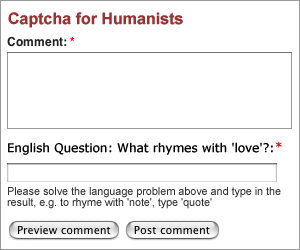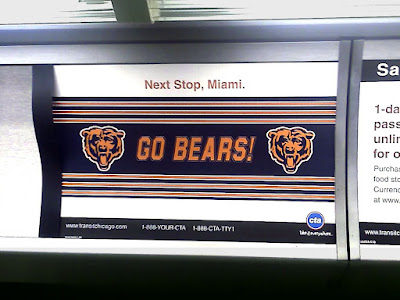I've been going through a lot of material in anticipation of my talk at National Louis-Benedictine next week.
USER-CENTERED APPROACH
It's amazing how many people say their approach is "User-centered". They talk about it as if it were something new. "Our innovation," they proudly declare, "is that we're finally making users the center of our design".
I'm happy to hear it! On the other hand, I can't really imagine a person or institution ever claiming NOT to be user-centered. Why hell, even the Library at Alexandria probably thought it was user-centered.
And who wouldn't? As an institution, you just don't go around saying, 'our new policy is to completely neglect the needs of our users (and oh, BTW, would you like to help contribute either financially or otherwise to this worthy goal)'.
It just doesn't happen.
BOTHERING TO ASK
But the other thought that grips me when I hear how user-focused everything has become, is: well, have you asked any actual users?
And I'm not talking of the theoretical kind.
Every day we're got users in the tens, hundreds or even thousands -- depending on the institution -- literally cramming through our doors. Each one of them is a potential gold mine of information on just how user-centered our services are.
That's why I'm always confused by the level of theory in library discussions; Especially when there are so many opportunities to actually test out our assumptions.
ADVANCE IN OUR UNDERSTANDING
The greatest advance in web technology came -- not with any particular technological innovation -- but when we realized that developing systems isn't an armchair operation and that the smartest thing to do -- the safest thing to do -- is to actually go out and grab one of those people we spend so much time talking about.
It's keeps us anchored on Planet Earth -- and the results are so much more satisfying.








